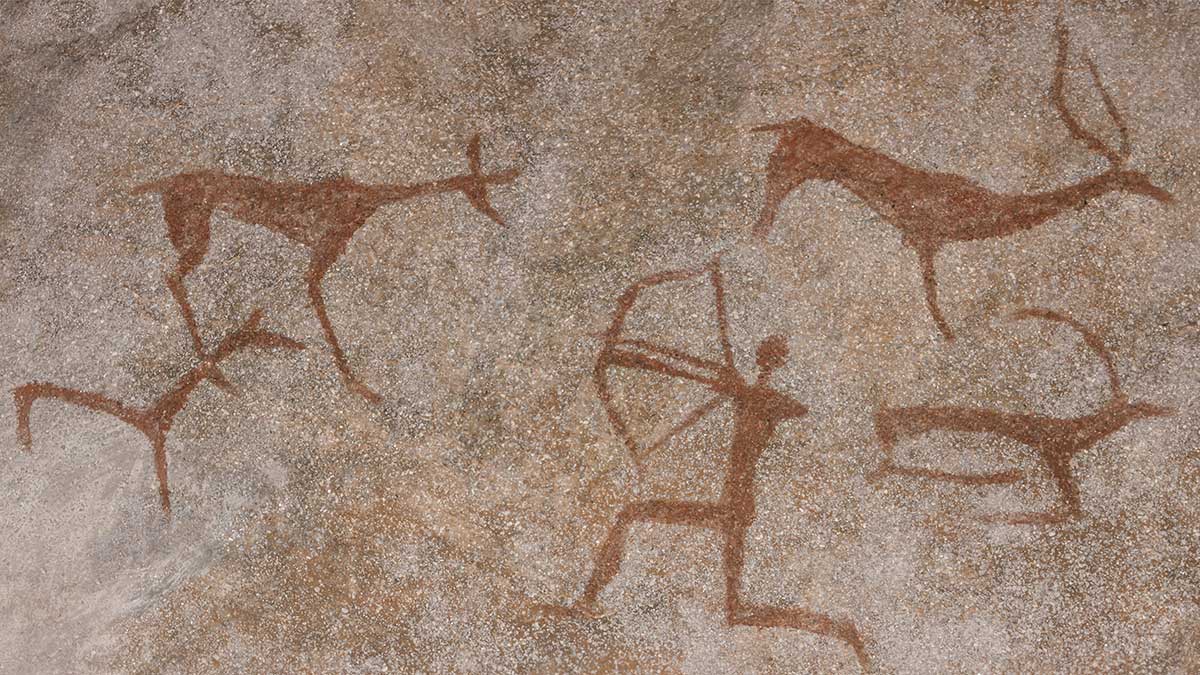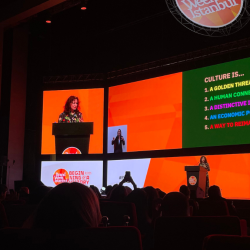If your future self had visited you in January 2020 and informed you that you would become an armchair epidemiologist by August 2020, you would have probably been more surprised than pleased. Yet the Covid19 pandemic has compelled legions of people around the world to visit data dashboards, calculate local R-numbers, and to manufacture PPE.
Of course, this is not the only profession that people have apprenticed during lockdowns: in the matter of a few short months, people around the world have also become novice bakers, chefs, gardeners, teachers, video producers, and IT experts. For many, these responsibilities have been forced upon them, above and beyond their standing professional and personal responsibilities – for better or for worse.
Move beyond numbers
Yet, one discipline that has not been as prominent as it should is that of anthropology. And, today’s marketers are the people that should be the first to voluntarily upskill to the discipline. While the data that comes from Covid-19 trackers, unemployment numbers, and the stock markets is incredibly important, the scent of the data trail goes cold very quickly in a world experiencing rapid fluctuations in rules, behaviour, and sentiment.
These cultural shifts are oftentimes moving faster or deeper or more divergently than that which quantitative analytics are able to capture. It’s certainly true that we are becoming increasingly competent in quantifying the impact of the coronavirus on public health, but how do we go about quantifying the ‘unprecedented’ in a series of interlocking global crises (i.e. health, economic, political, psychological)?
Anthropologists are systems thinkers who observe the world continuously and try to find out where people get lost, fall down, or rise above. They are equipped with a tool set which is designed to understand the why of human culture as well as to provide a road map for what’s next.
But, most importantly, anthropologists are grounded in the present in a quest for future potentialities. This is where the ambitions of anthropologists and marketers most clearly intersect. What marketer does not require a deeper understanding of human behaviour in order to determine how their product, service, or organisation shows up in the marketplace?
Develop a more human understanding
This has never been more crucial than it is today, when the fluctuating circumstances of the pandemic have both toppled giants across categories as well as rocketed others into new heights of performance. Everything from the customer journey to user experience, from product design to retail experience, requires a sensitivity to the dynamics of a compound crisis (i.e., political, economic, psychological and health) and the impact this has on human behaviour, attitude, and belief.
In this context, both a global and a hyperlocal perspective is essential. Arguably, the number one thing that a business, a government, or a brand could do to improve performance tomorrow is to develop a better understanding of ordinary people today. It is by borrowing from the anthropological playbook that marketers can achieve this:
- They are mindful participants and systematic observers
The most effective anthropologists ground their observations (and recommendations) in the everyday lives of the people and cultures they are seeking to understand. Although we are all participants in the culture of a global pandemic, anthropologists actively seek to observe and recognise emerging and enduring patterns in attitudes, behaviours, and beliefs with an eye towards the potential short and long-term implications for broader social systems.
- They actively seek to learn from other cultures to understand the relativity of diverse lifeworlds.
Anthropologists are cultural relativists and advocates of diversity in its broadest sense. They consult with multinational cultural experts to access indicators of what’s to come and what has been. They build empathy with difference and diversity by understanding the relative role and value of various aspects of culture. In a time of coronavirus, there is ample evidence that other countries and cultures offer inspiration in terms of triumphs and failures.
- They look to other disciplines for inspiration and collaboration.
Take the current success of Germany in navigating the Coronavirus pandemic, which is an exception rather than the rule in today’s world. The country’s Covid19 advisory panel was assembled of experts from diverse disciplines – anthropologists, sociologists, historians, public health experts, healthcare professionals and business and political leaders. A holistic crisis of this calibre will not be solved by any one discipline or field of expertise. Anthropologists are deeply multidisciplinary in their approach to humanity, so should marketers.
- They commit to understanding the universality of human truths in a locally relevant way.
Anthropologists have always argued that although love, success, connection, discovery, and purpose are integral to the universal human experience, these truths are expressed and interpreted in locally nuanced ways. For example, they know that to speak of individual purpose is a dog whistle for many Americans but doesn’t resonate deeply with Chinese audiences. The best marketers, like anthropologists, realise where and how their values resonate with people in diverse settings.
- They level up on linguistics.
At each phase of this crisis, we have been witnesses to a sea of sameness when it comes to messaging. There is no limit to the storytelling potential of this crisis. With few exceptions, we have universally settled on catchphrases (‘We’re in this together’, ‘We’re here for you’, ‘We’re back’) that are doing little to connect with audiences meaningfully. Anthropologists seek out the language codes that are active in targeted, culturally conscious, and even inventive ways – often by seeking to document the unsaid; that is, the things that people can’t or don’t know how to talk about.
While most anthropologists study and master their discipline over the period of a lifetime – often conducting years of fieldwork – marketers can get started today with a few core tenets that will provide promising returns on their efforts, especially in a time of coronavirus and market volatility.
Featured image: gerasimov_foto_174 / Shutterstock.com





























